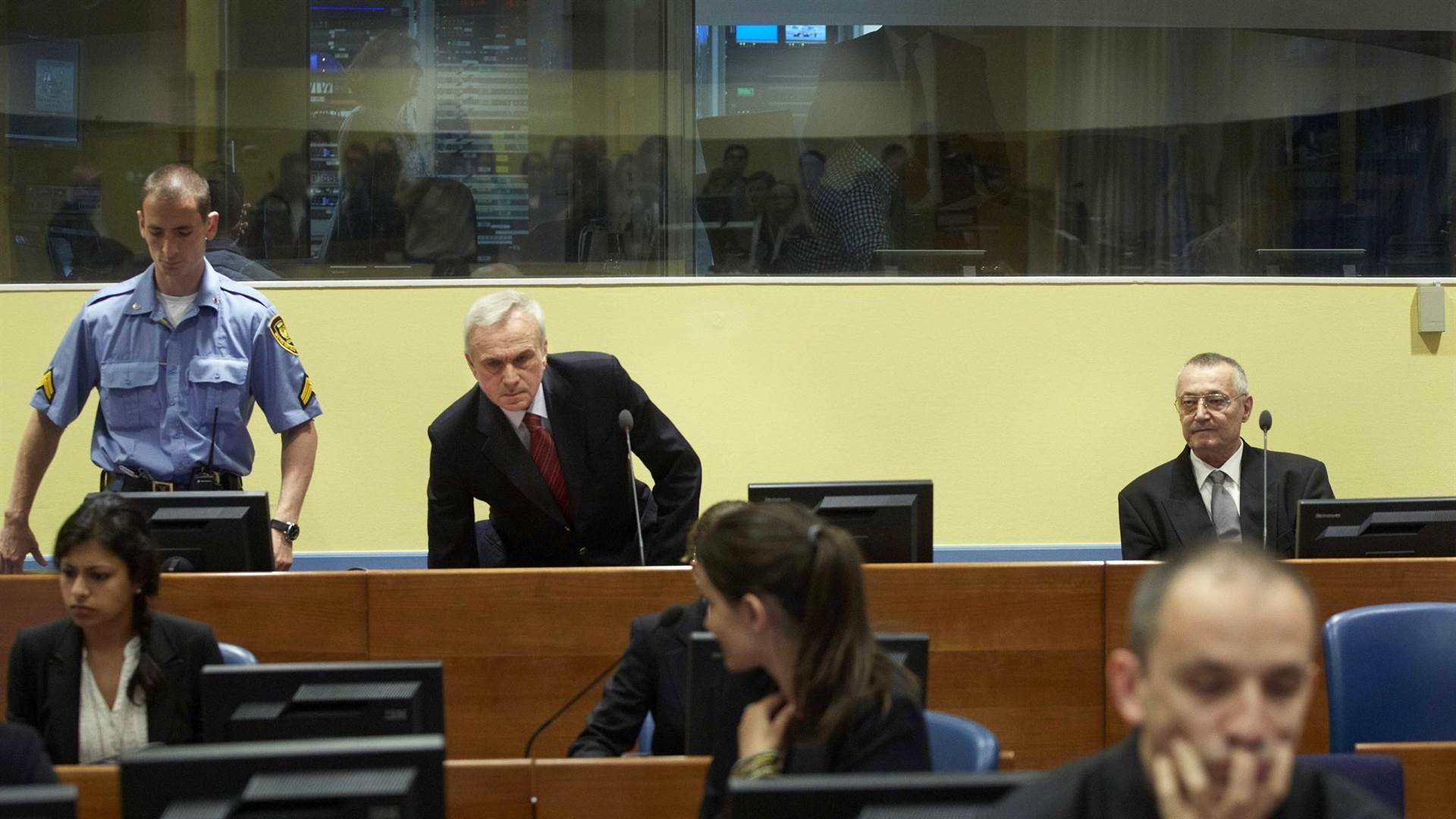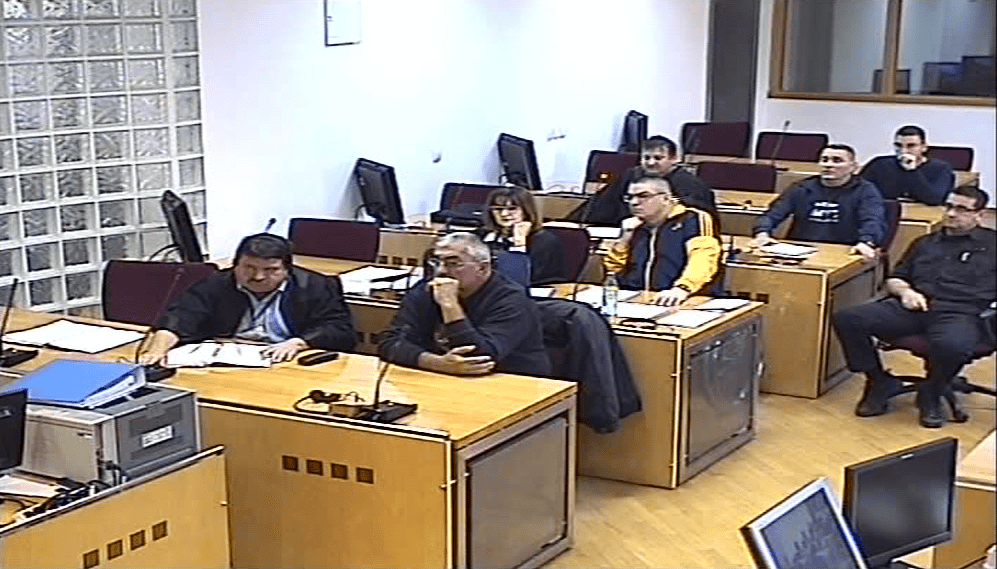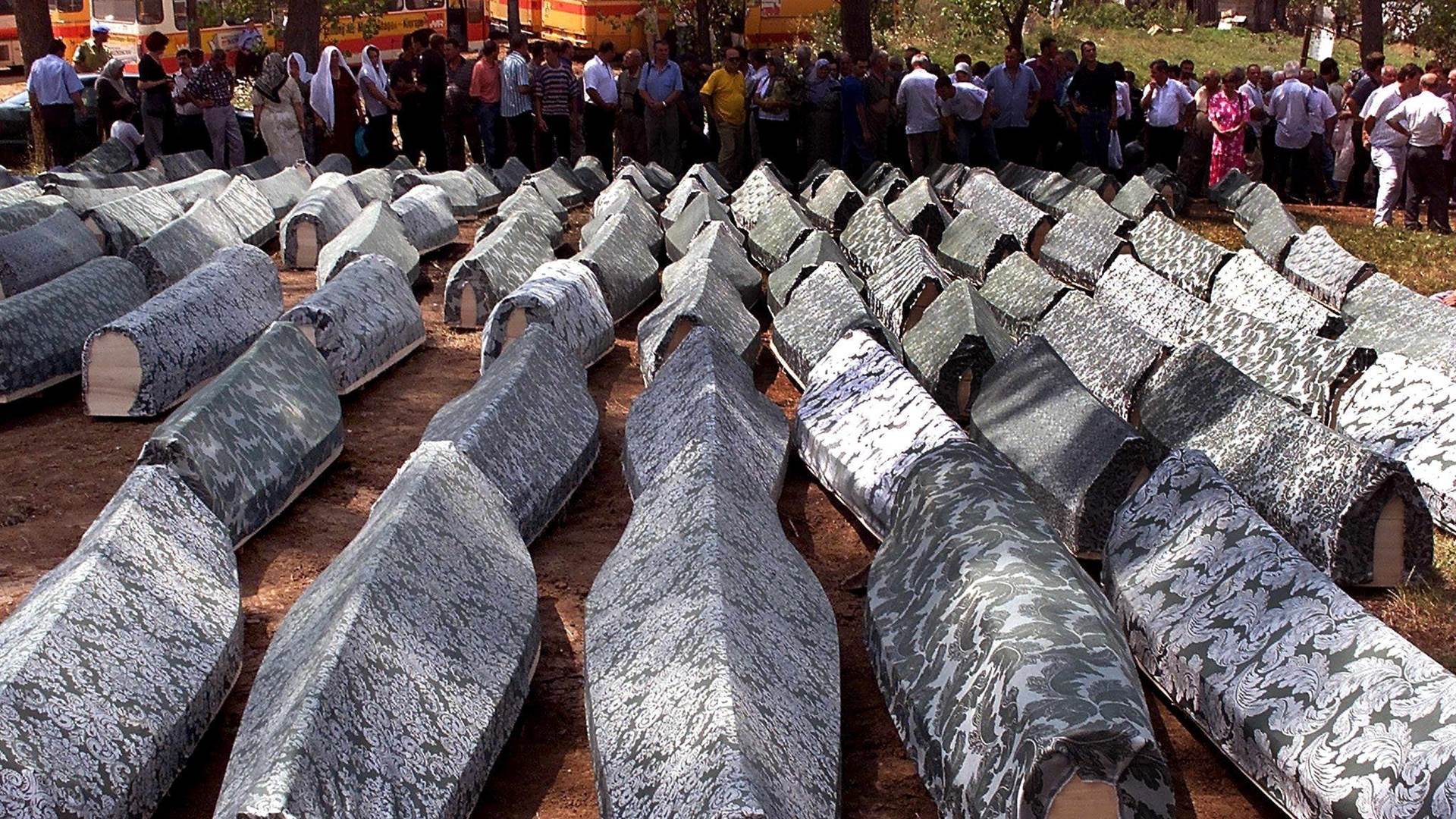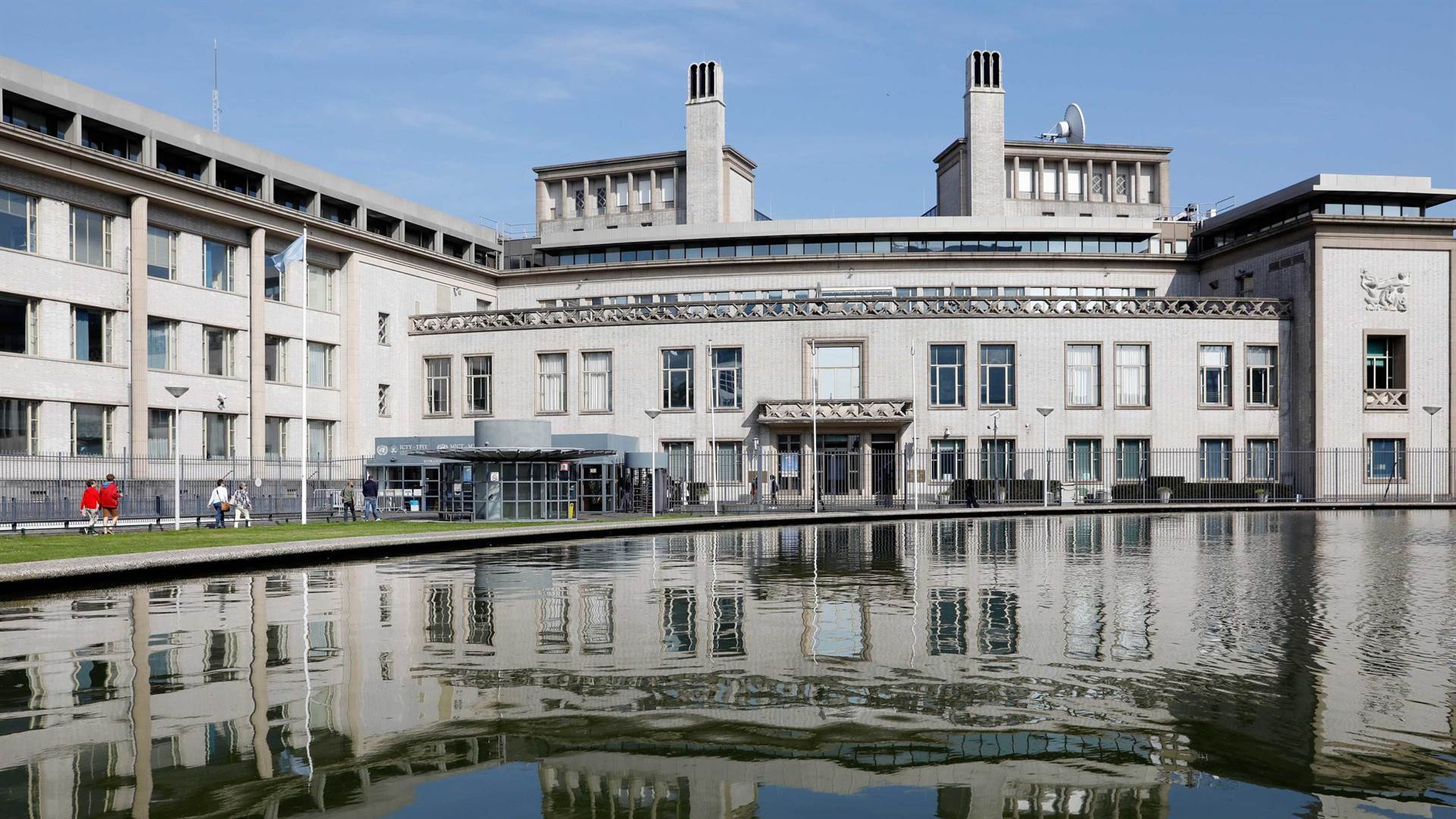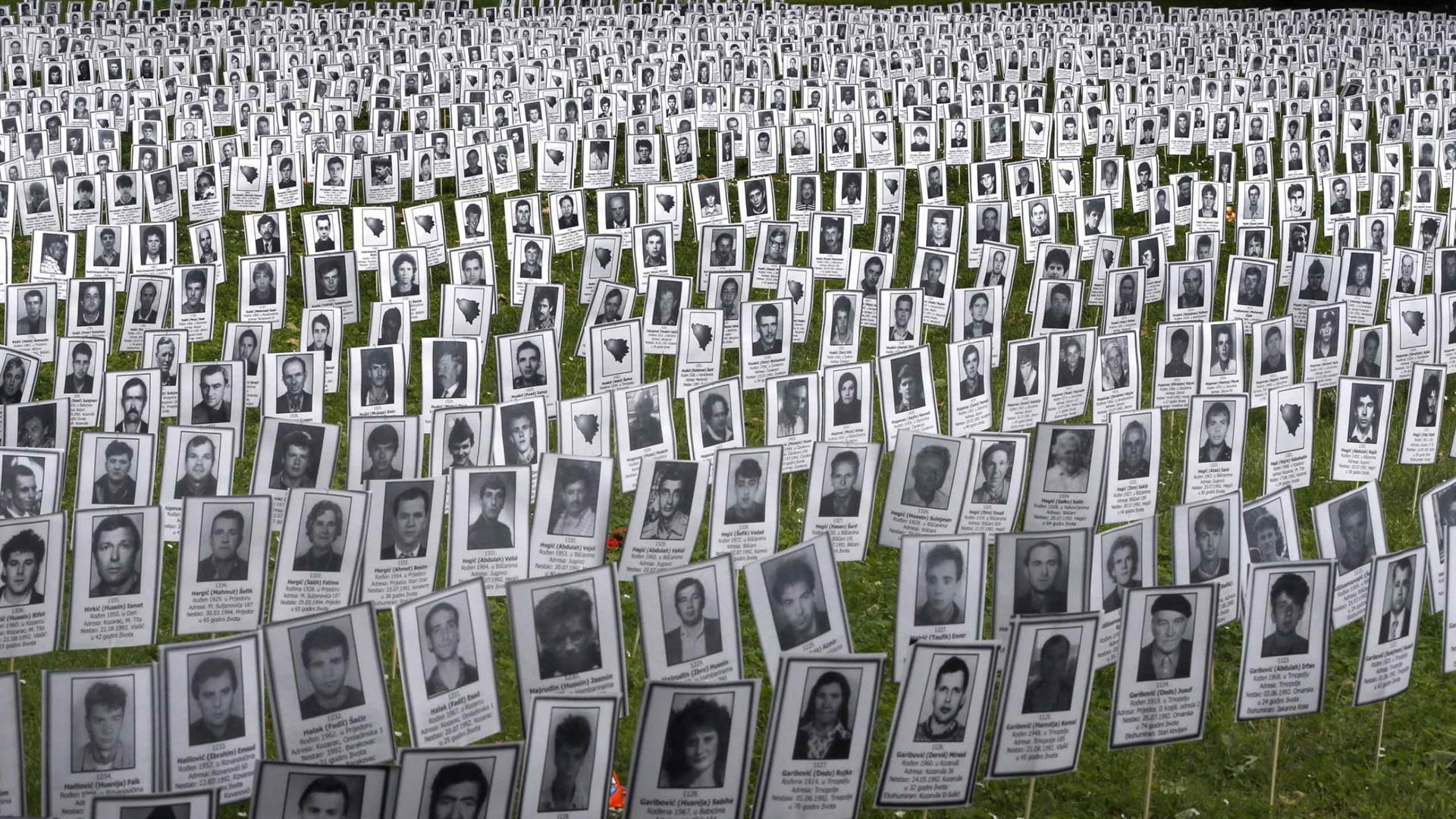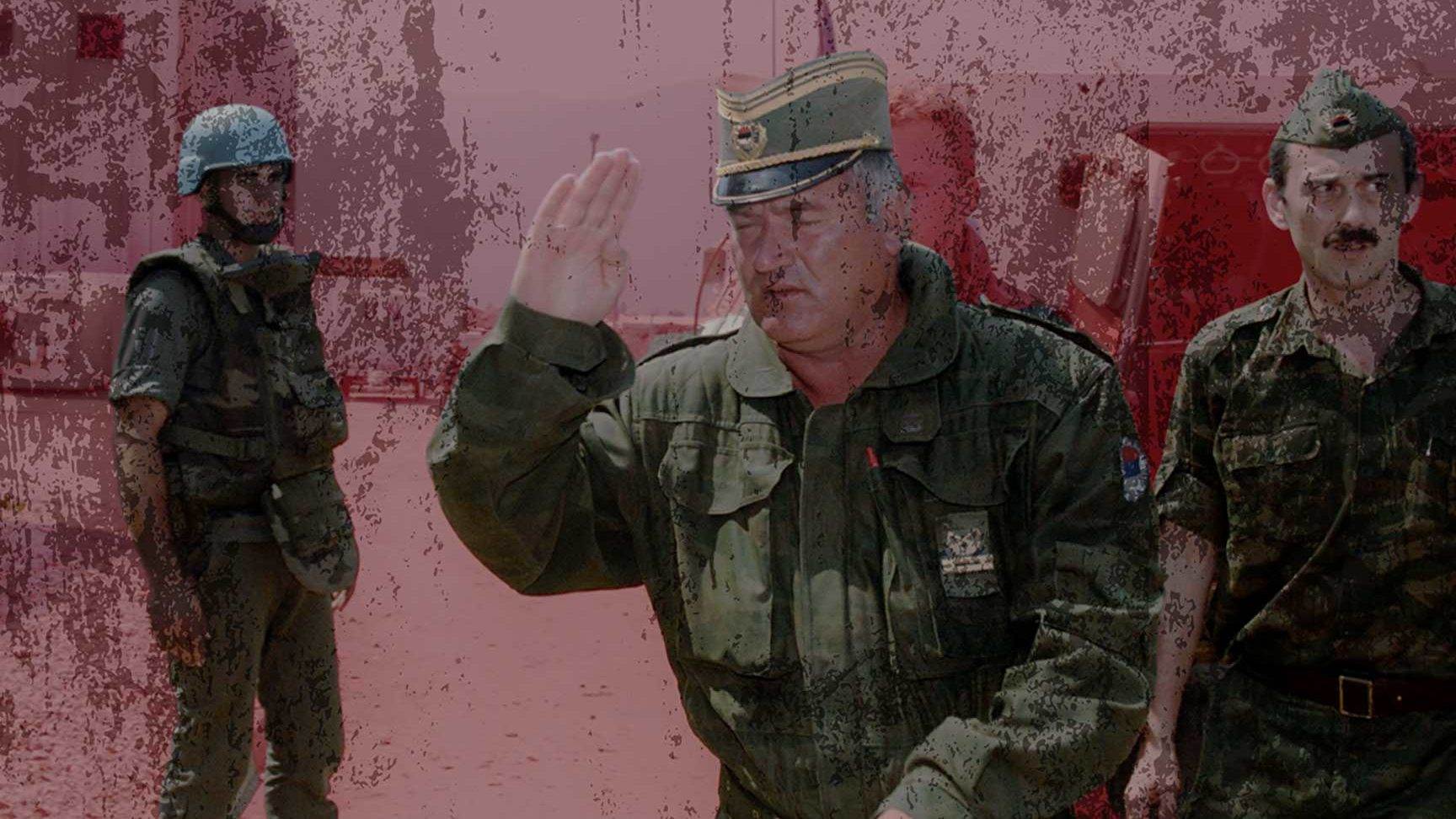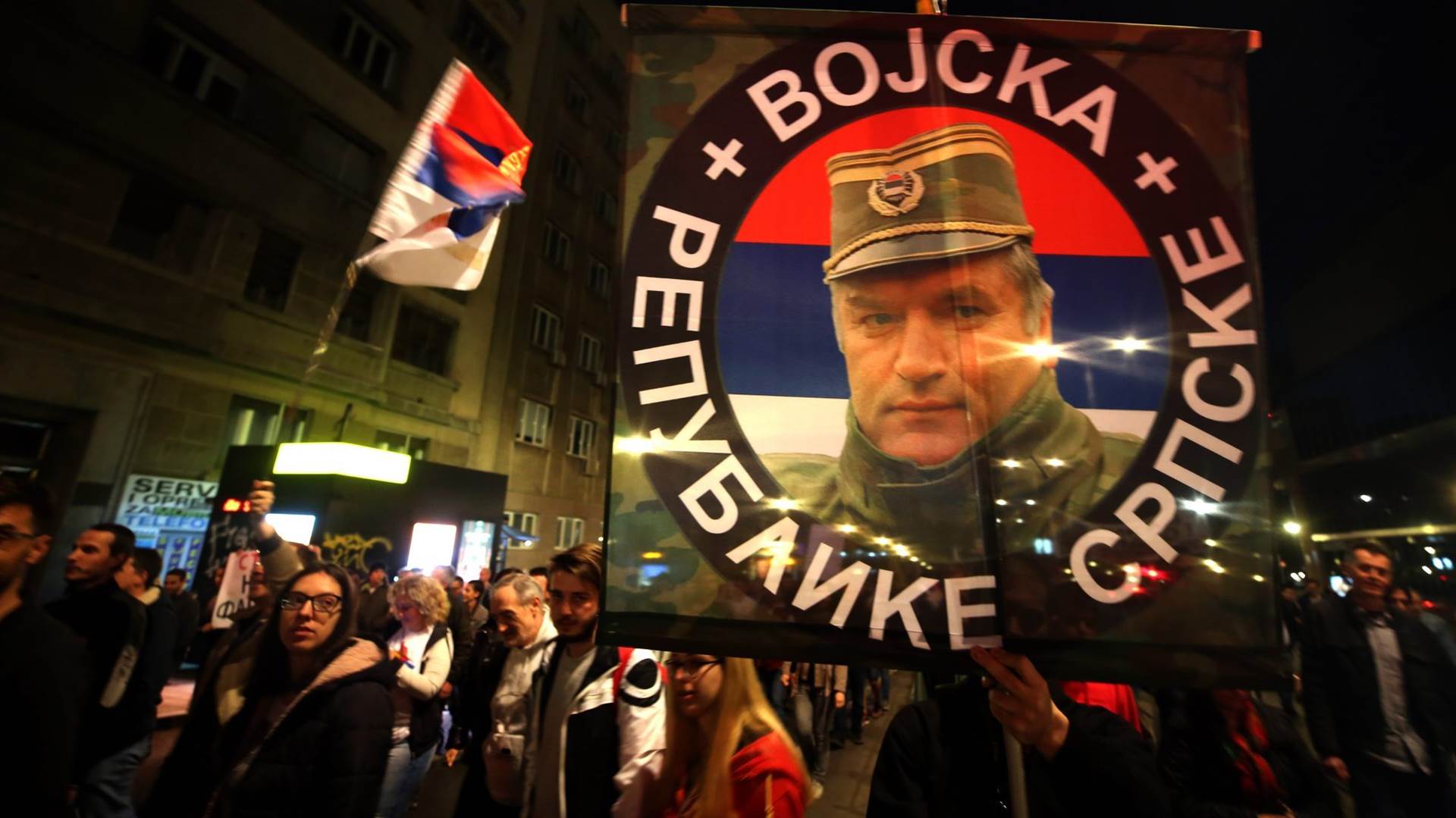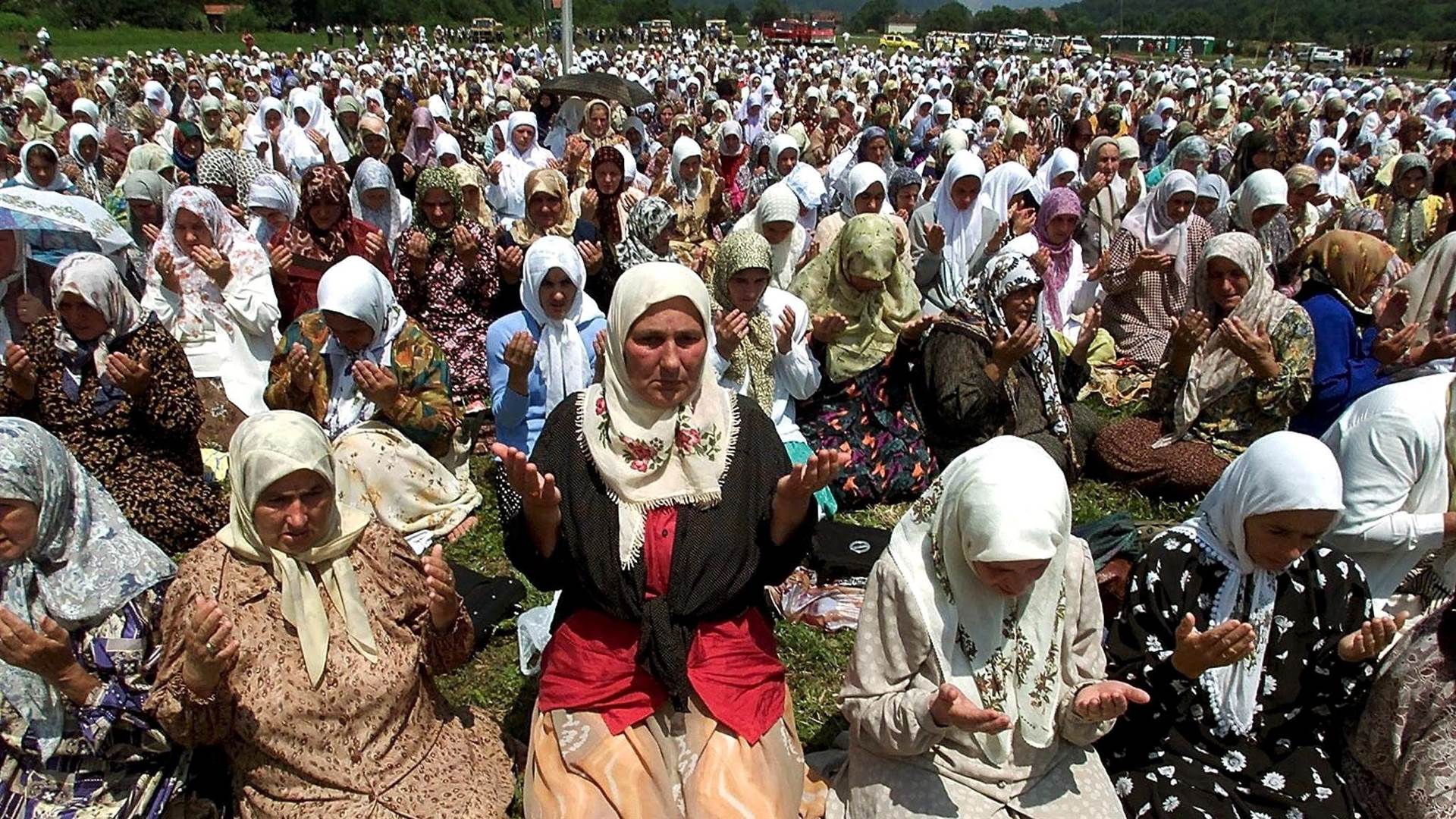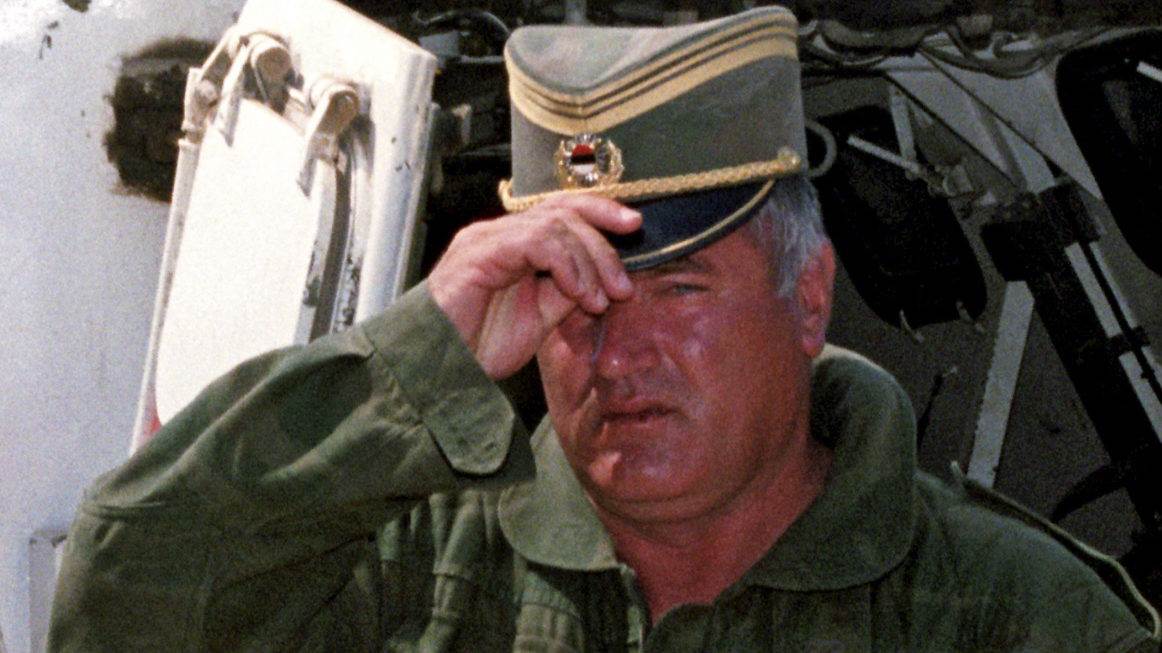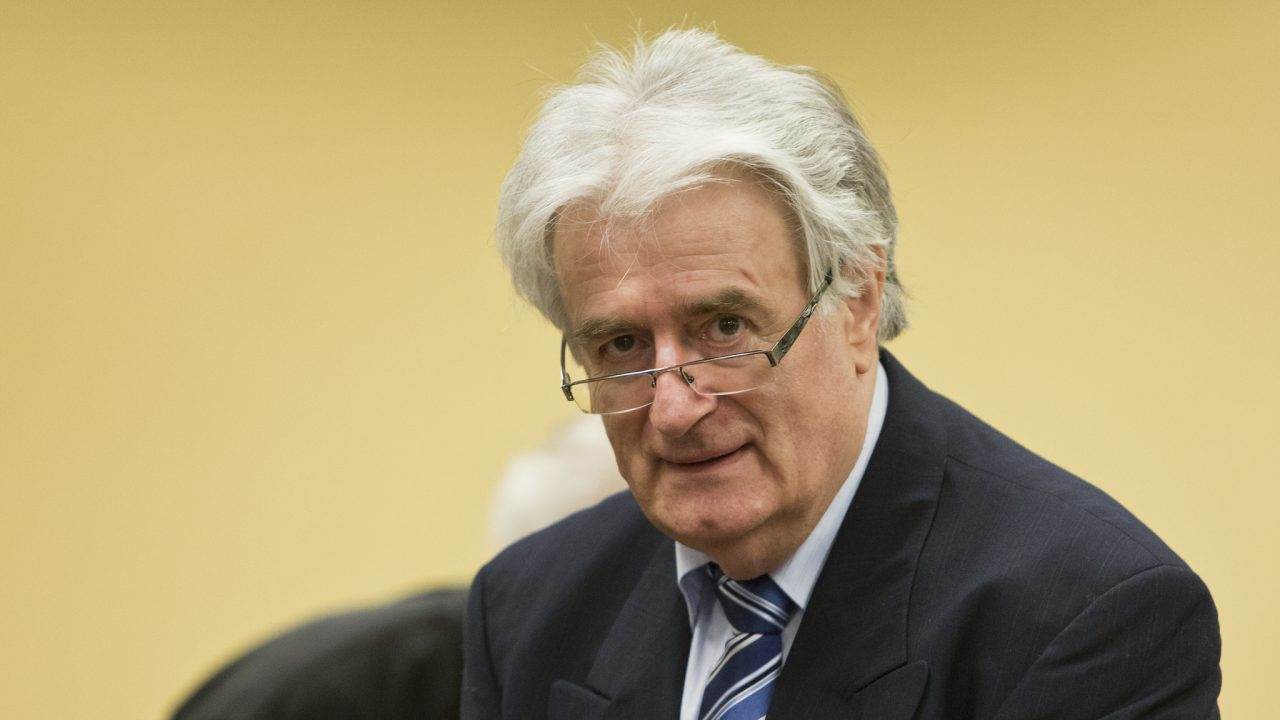Former Serbian state security officials Jovica Stanisic and Franko Simatovic will hear the judgment in The Hague this week in their retrial for masterminding the most notorious Serb combat units...
The Constitutional Court has rejected an appeal filed by Zoran Babic against his cumulative 35-year sentence for crimes committed in Prijedor, concluding that his right to a fair defence had...
Records held by the International Criminal Tribunal for the Former Yugoslavia show how paramilitary units were set up and deployed to use violence to achieve political aims in the 1990s...
Ahead of the initial verdict in the last trial at the Yugoslav war crimes tribunal, BIRN looks back on the landmark judgments, controversies, successes and failures in the UN court’s...
Bosnian war survivors want former Bosnian Serb military chief Ratko Mladic to be found guilty this week of genocide in five Bosnian municipalities in 1992 as well as genocide in...
Before this week’s final verdict in Bosnian Serb wartime general Ratko Mladic’s trial, BIRN a presents a photographic essay showing the places where the crimes in his indictment were committed,...
The UN court will deliver Bosnian Serb military leader Ratko Mladic’s final verdict next week, but dozens of his associates who have been accused or convicted of Bosnian war crimes...
Mothers of Srebrenica genocide victims are awaiting the final verdict in Bosnian Serb military chief Ratko Mladic’s trial next week - but as the years have passed, some mothers who...
He was a devoted Yugoslav soldier, then a war crimes suspect on the run - now former Bosnian Serb military chief Ratko Mladic awaits his final court verdict for the...
Former Bosnian Serb political leader Radovan Karadzic, who was sentenced to life in prison for genocide and other wartime crimes, has been transferred to Britain to serve his sentence, his...

